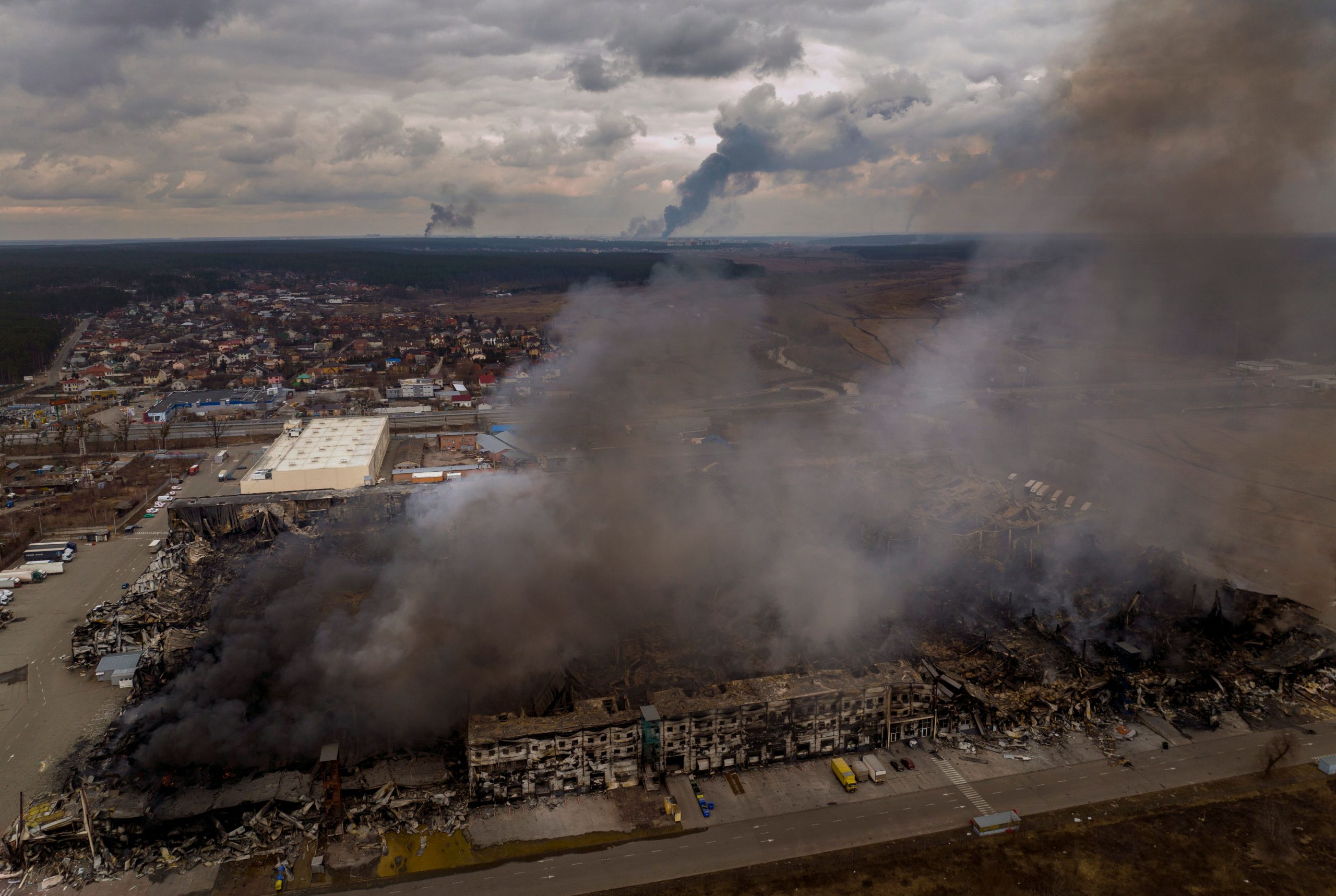Beijing announced Wednesday that it will send $790,000 in humanitarian supplies to war-torn Ukraine, with the first shipment already on its way, despite China having yet to criticise Russia’s invasion of the country.
Also read: Chernobyl captured: Why a defunct nuclear plant is key to Putin’s endgame
China has repeatedly criticised NATO‘s “eastward expansion” for escalating tensions between Russia and Ukraine, echoing the Kremlin’s main security complaint but refusing to criticise Moscow’s decision to move soldiers across the border.
A day after Chinese President Xi Jinping told his French and German counterparts that China was “deeply grieved” by the commencement of conflict in Europe, the foreign ministry announced Wednesday that the first shipments of relief to the 44-million-person country had been dispatched.
Also read: ‘No critical impact’ to Chernobyl safety, says IAEA after warnings of nuclear leak
“At the request of the Ukrainian side, the Red Cross Society of China will provide a batch of humanitarian aid… including food and daily necessities, worth five million yuan ($792,000),” ministry spokesman Zhao Lijian told reporters.
During his Tuesday video summit with France’s Emmanuel Macron and Germany’s Olaf Scholz, Xi also urged “maximum restraint” to prevent a “humanitarian crisis.”
Since entering Ukraine on February 24, Russian troops have pushed on many fronts, bombarding important cities and prompting large-scale evacuations.
The war has forced over 2.2 million migrants through Ukraine’s borders, creating Europe’s fastest-growing refugee crisis since World War II and raising worries of a larger conflict.
Also read: Amazon slammed for selling T-shirts featuring pro-Russian invasion ‘Z’ symbol
According to Zhao, NATO’s expansion has pushed things to a “breaking point.”
China had previously declined to criticise or declare Russia’s attack on Ukraine an invasion, instead urging Western countries to accept Russia’s “legitimate security concerns.”
Russian President Vladimir Putin met Chinese President Xi Jinping hours before the opening of the Winter Olympics in Beijing last month, and they formed a broad strategic alliance aimed at opposing US influence, with “no ‘forbidden’ areas of cooperation.”






